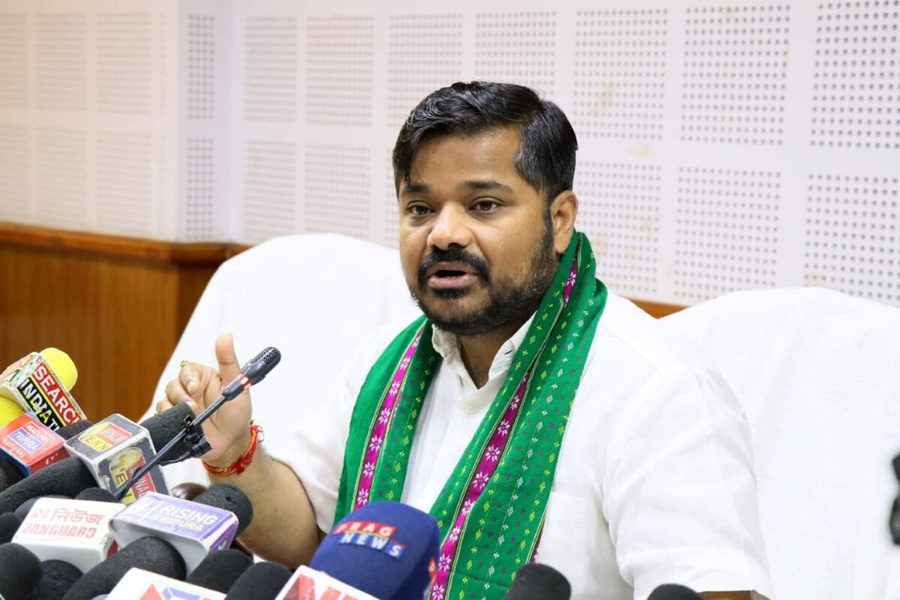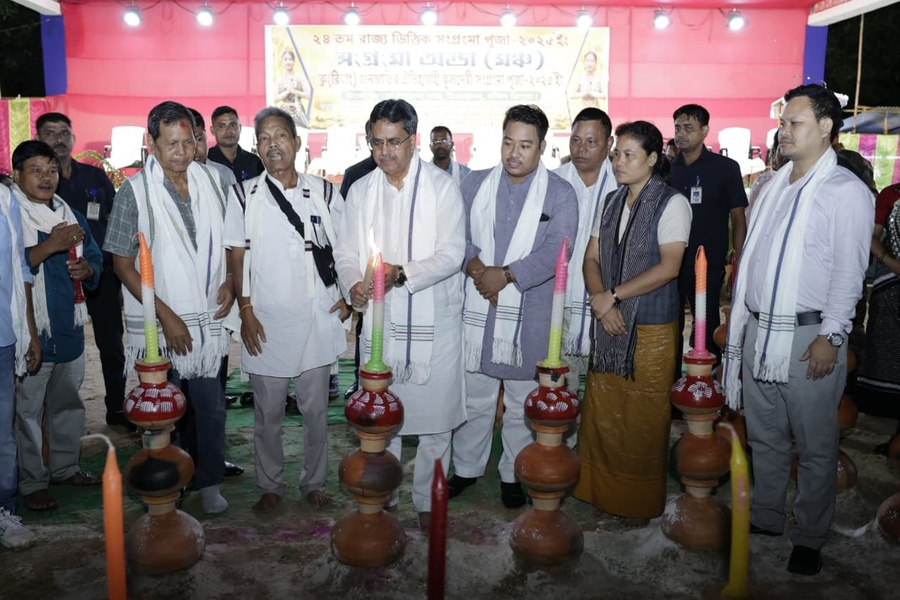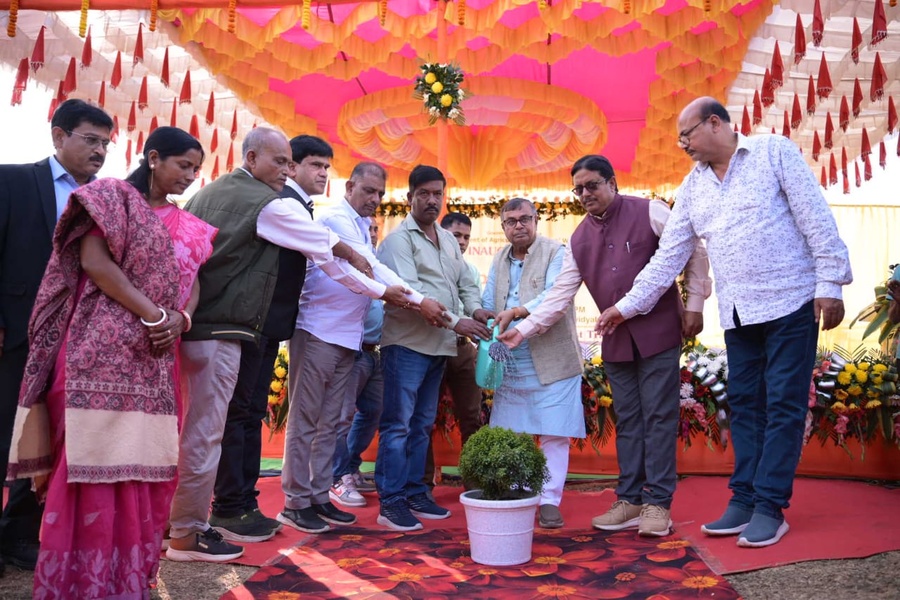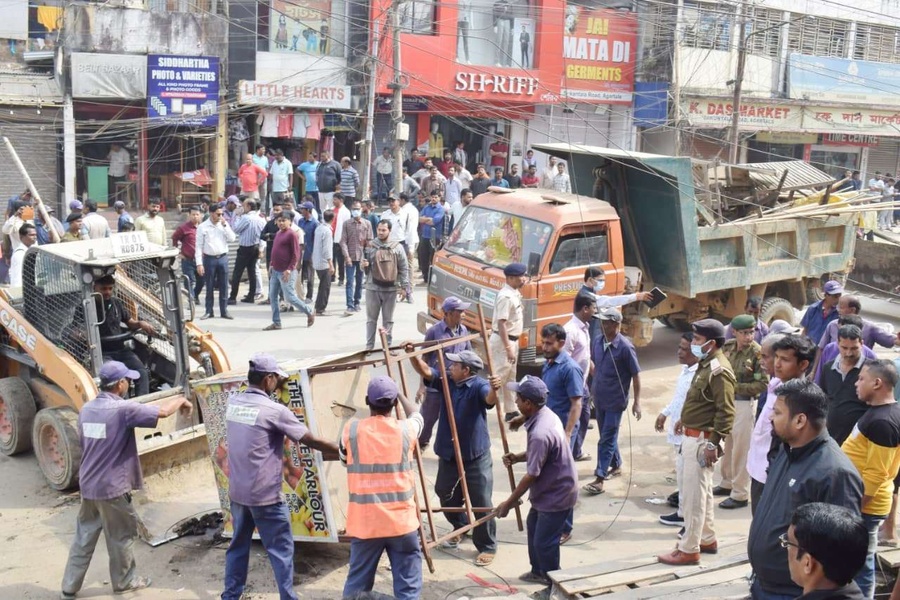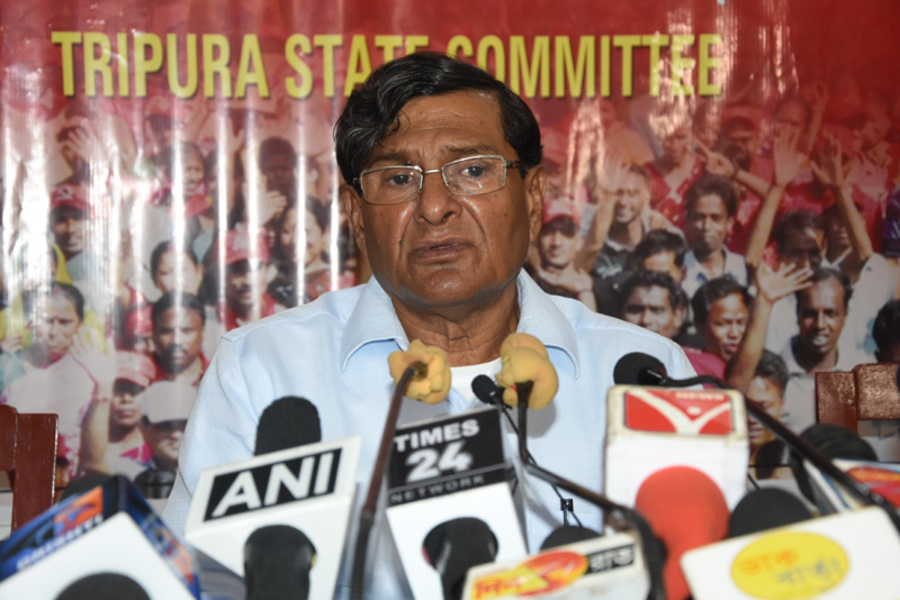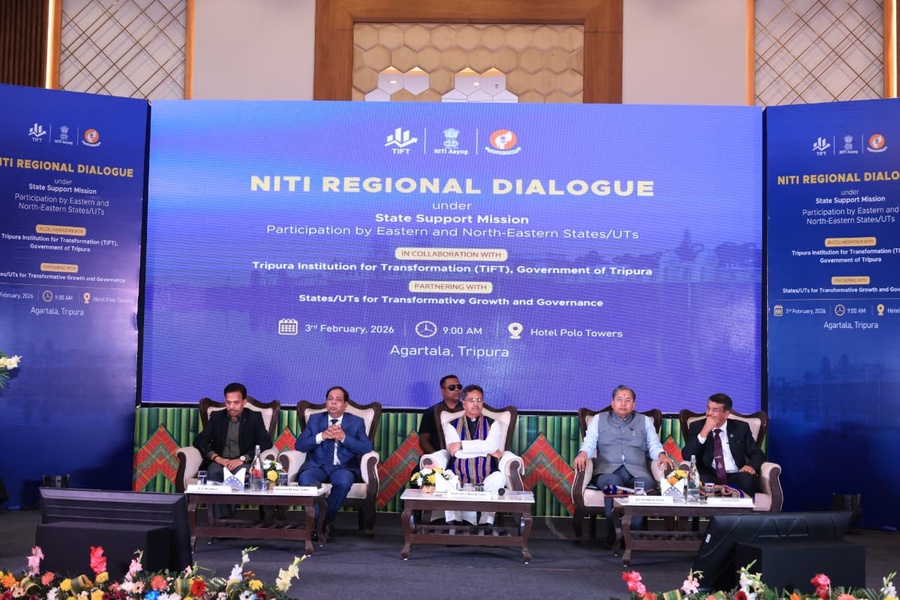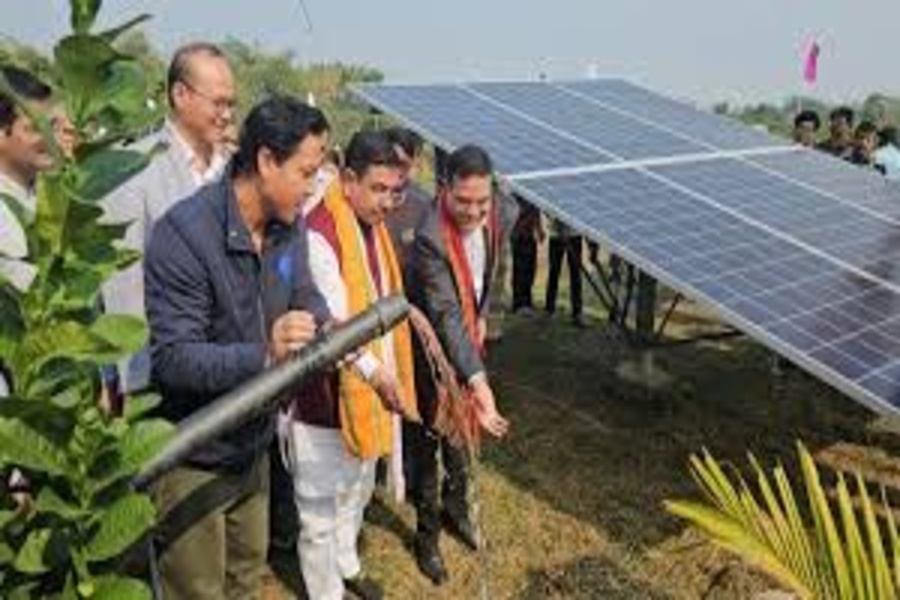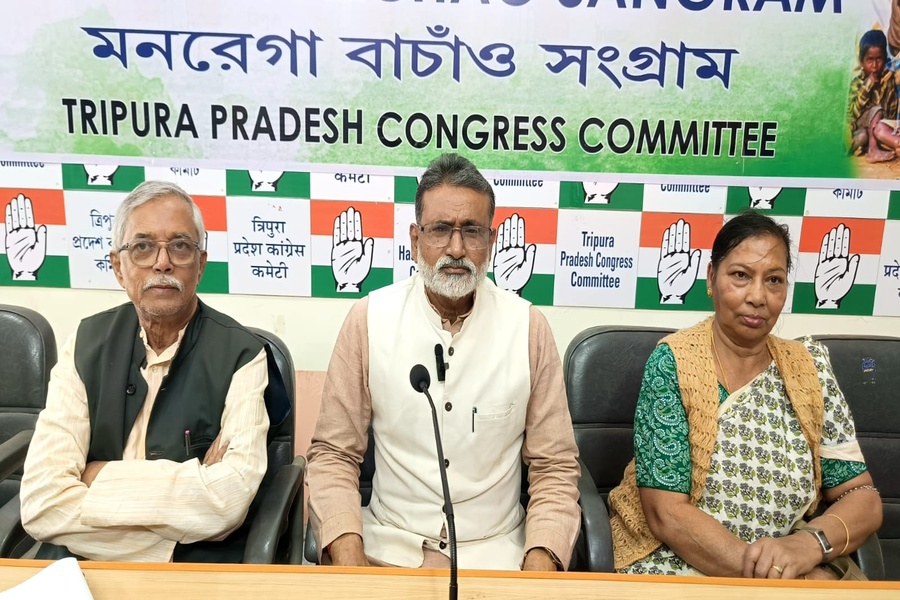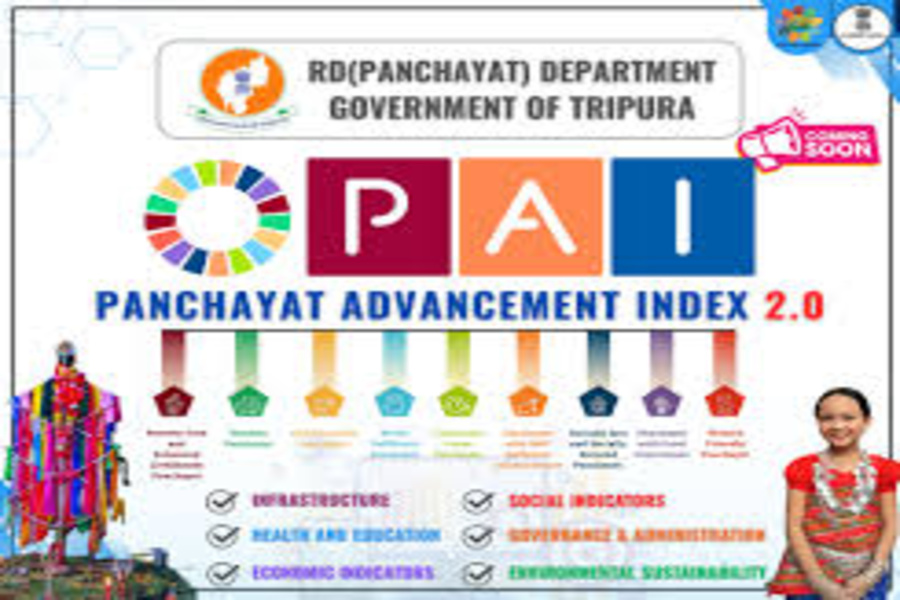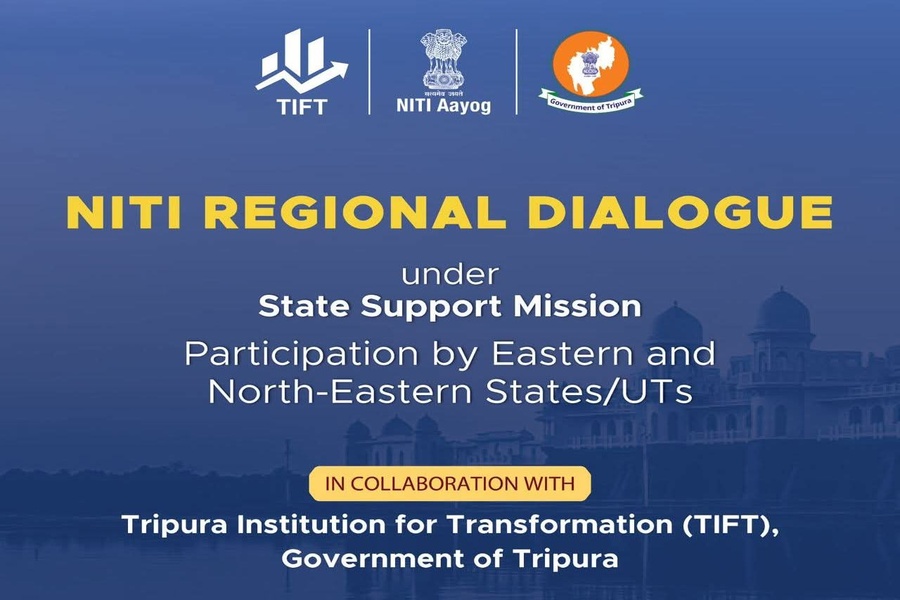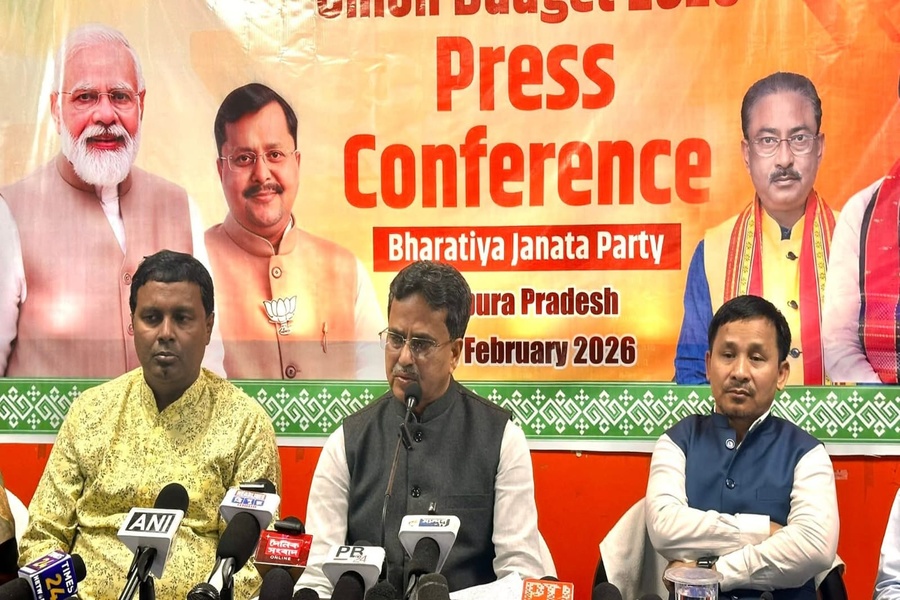The Tripura government has announced a series of welfare initiatives aimed at empowering women, supporting girl children, and uplifting minority communities.
Addressing a press conference on Tuesday, Cabinet Spokesperson and Transport Minister Sushanta Chowdhury said that the state cabinet, in its recent meeting, approved several key proposals, including the formation of the Tripura Women Entrepreneurs Policy and the establishment of a new women’s college.
Under the new Tripura Women Entrepreneurs Policy, women—particularly those from rural areas and Self-Help Groups (SHGs)—will receive enhanced support for entrepreneurship. Eligible women can avail of loans up to ₹1 crore with a 35% government subsidy, the minister said. Beneficiaries under the Lakhpati Didi initiative can also access these benefits.
The Social Welfare and Social Education Department has also approved the Mukhyamantri Balika Samriddhi Yojana, aimed at supporting girl children in Below Poverty Line (AAY) families. Under the scheme, if two baby girls are born in a government hospital, ₹50,000 will be fixed for each child, which parents can withdraw once the daughters turn 18. The objective, Chowdhury said, is to prevent child marriages and provide financial security to poor families.
In another major decision, the cabinet approved the establishment of a new Women’s College at Nalchar in Sepahijala district, to be set up by the Higher Education Department.
The government also sanctioned the recruitment of 104 Manager-level posts in the Tripura State Electricity Corporation Limited (TSECL), to be filled through examinations. These include:
Manager (Electrical) Grade A – 24 posts (B.Tech)
Manager (Mechanical) Grade A – 4 posts (B.Tech)
Manager (Civil) Grade A – 8 posts (B.Tech)
Manager (Electrical) Grade B – 58 posts (Diploma)
Additionally, the cabinet approved a new initiative, Mukhyamantri Sonkhalaghu Unnayan Prakalpa 2025, to promote the economic development of religious minorities. With an allocation of ₹1.5 crore, the scheme will provide a one-time grant of ₹10,000, distributed in two installments, to support small businesses. Around 1,500 beneficiaries have been targeted in the first phase.
“These decisions reflect the government’s commitment to women’s empowerment, education, and inclusive economic growth,” Chowdhury said.

